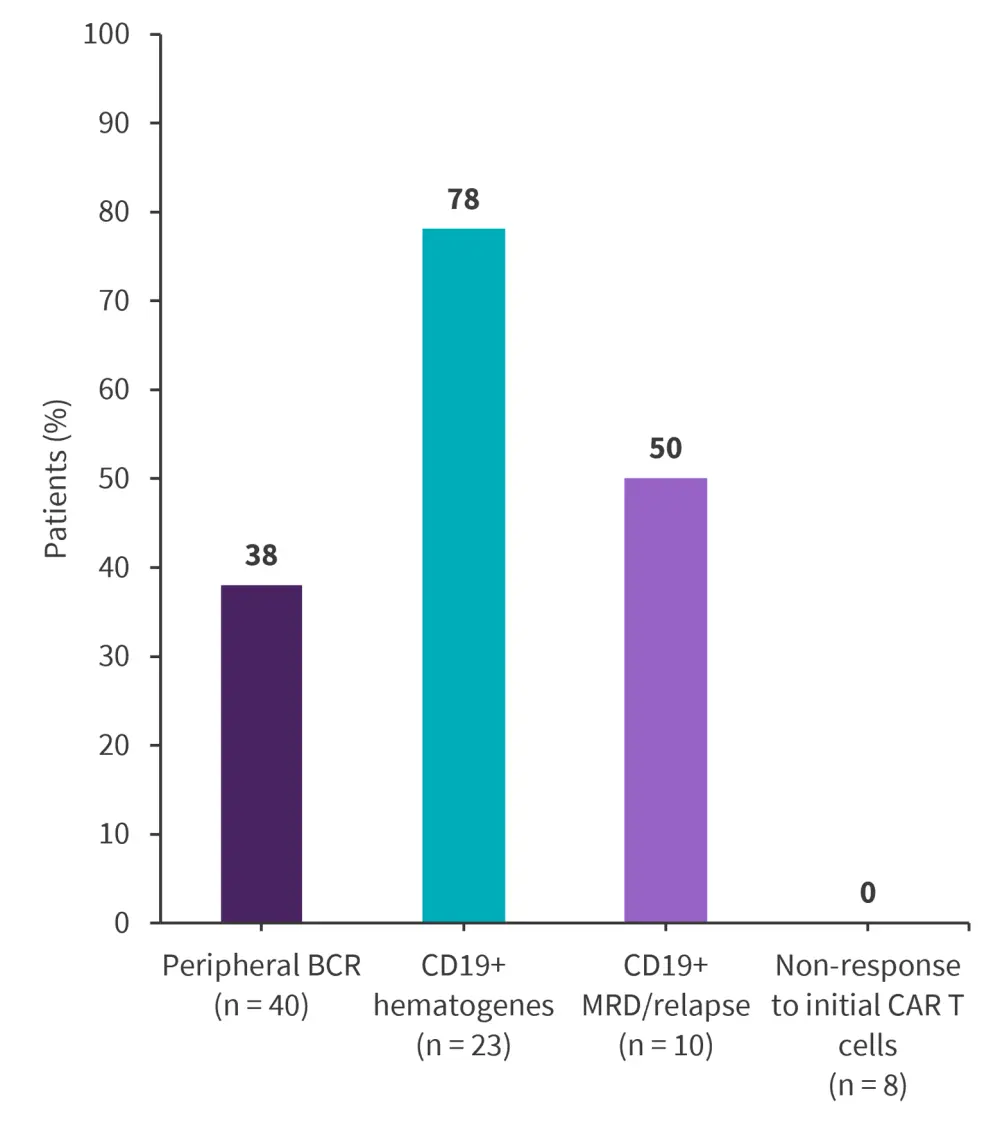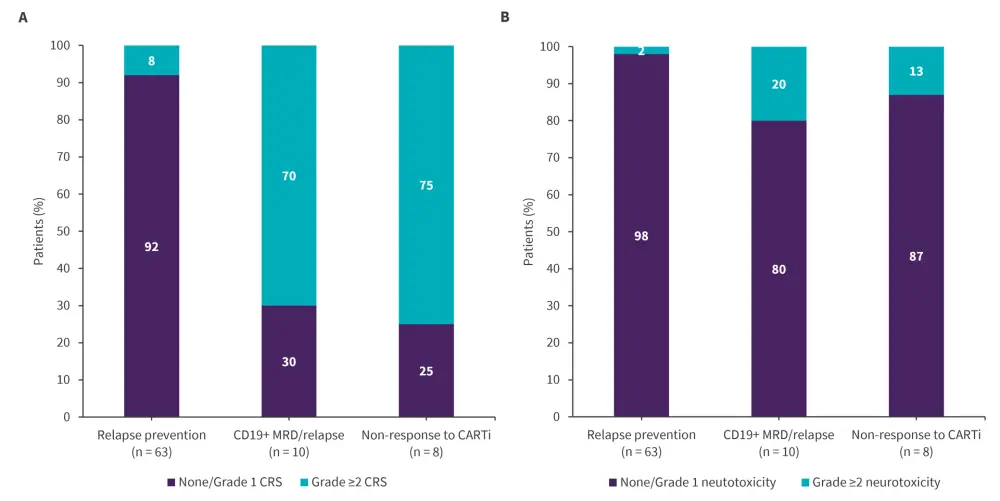All content on this site is intended for healthcare professionals only. By acknowledging this message and accessing the information on this website you are confirming that you are a Healthcare Professional. If you are a patient or carer, please visit Know ALL.
The all Hub website uses a third-party service provided by Google that dynamically translates web content. Translations are machine generated, so may not be an exact or complete translation, and the all Hub cannot guarantee the accuracy of translated content. The all and its employees will not be liable for any direct, indirect, or consequential damages (even if foreseeable) resulting from use of the Google Translate feature. For further support with Google Translate, visit Google Translate Help.
The ALL Hub is an independent medical education platform, sponsored by Amgen, Autolus, Jazz Pharmaceuticals, and Pfizer and supported through an educational grant from the Hippocrate Conference Institute, an association of the Servier Group. Funders are allowed no direct influence on our content. The levels of sponsorship listed are reflective of the amount of funding given. View funders.
Now you can support HCPs in making informed decisions for their patients
Your contribution helps us continuously deliver expertly curated content to HCPs worldwide. You will also have the opportunity to make a content suggestion for consideration and receive updates on the impact contributions are making to our content.
Find out more
Create an account and access these new features:
Bookmark content to read later
Select your specific areas of interest
View ALL content recommended for you
Efficacy and safety of CAR T-cell reinfusion in children and young adults with R/R B-ALL
CD19-targeted chimeric antigen receptor (CAR) T-cell therapies have demonstrated significant responses in patients with relapsed or refractory B-cell acute lymphocytic leukemia (B-ALL). However, nearly 25–50% of pediatric patients experience relapse. One potential approach that could prevent and treat relapse after initial CAR T-cell infusion is reinfusion with the same CAR T-cell therapy.1
Here, we summarize a retrospective study published by Myers et al.1 in Blood Advances evaluating the efficacy and safety of CAR T-cell reinfusion for the prevention and treatment of relapse in children and young adults with B-ALL.
Study design1
- This retrospective study included children and young adults with relapsed or refractory B-ALL from three clinical trials, who had received at least one reinfusion of anti-CD19 CAR T cells (CTL019 or huCART19).
- The primary endpoint was complete response (CR) rate at Day 28 after CAR T-cell reinfusion.
- Secondary endpoints included factors associated with a CR, cumulative incidence of relapse, overall survival, and incidence of cytokine release syndrome and neurotoxicity.
Key findings1
- A total of 81 patients were included in the analysis.
- Overall, 63 patients received CAR T-cell reinfusion for relapse prevention due to peripheral B-cell recovery (n = 40) and the emergence of CD19+ hematogones (n = 23).
- 18 patients received reinfusion for relapse due to CD19+ measurable residual disease/relapse (n = 10) and non-response to initial CAR T-cell reinfusion (n = 8).
CR and survival
- The CR rate for patients reinfused for relapse prevention was 52%.
- Among patients with peripheral B-cell recovery, the CR rate was higher for those receiving lymphodepletion prior to CAR T-cell reinfusion vs those who did not (50% and 8%, respectively; p = 0.031).
- Among patients with emergence of CD19+ hematogones, the CR rate was higher in patients with hematogones at ≥6 months vs 3 months vs Day 28 after initial CAR T-cell reinfusion (100%, 87%, and 0%, respectively; p = 0.009).
- The CR rates for patients reinfused for relapse prevention/treatment are reported in Figure 1.
- At a median follow-up of 38 months, the 24-month cumulative incidence of relapse for patients with CR vs no response was 29% vs 61%, respectively.
- The 24-month overall survival was similar between patients with CR vs no response (90% in each).
Figure 1. CR rates after CD19 CAR T-cell reinfusion*

BCR, B-cell recovery; CAR, chimeric antigen receptor; CR, complete response; MRD, measurable residual disease.
*Data from Myers, et al.1
Cytokine release syndrome and neurotoxicity
The incidence of cytokine release syndrome and neurotoxicity across all groups are reported in Figure 2A and 2B.
Figure 2. Incidence of A CRS and B neurotoxicity by grade

CRS, cytokine release syndrome; CARTi, initial chimeric antigen receptor T-cell infusion; MRD, measurable residual disease.
*Data from Myers, et al.1
| Key learnings |
|
References
Please indicate your level of agreement with the following statements:
The content was clear and easy to understand
The content addressed the learning objectives
The content was relevant to my practice
I will change my clinical practice as a result of this content


